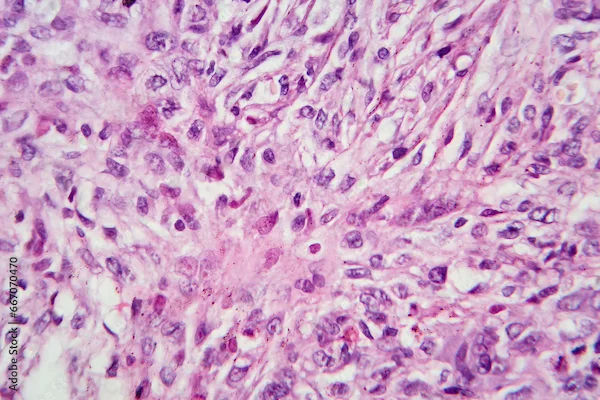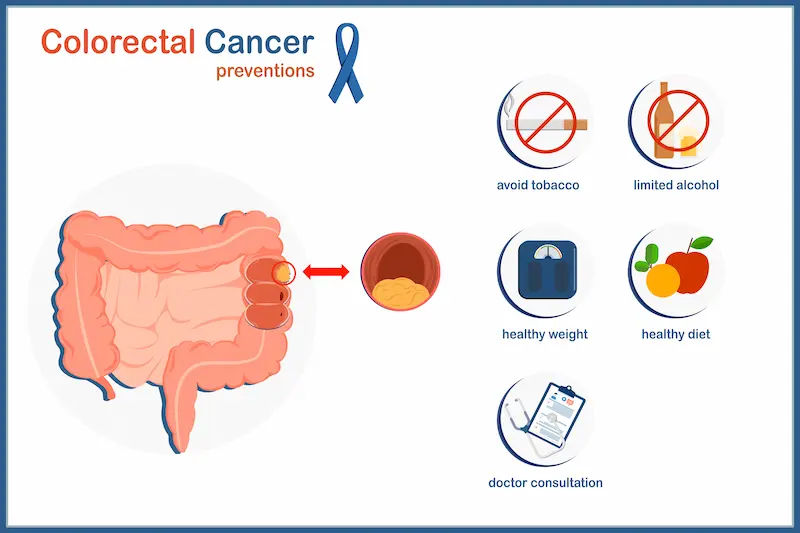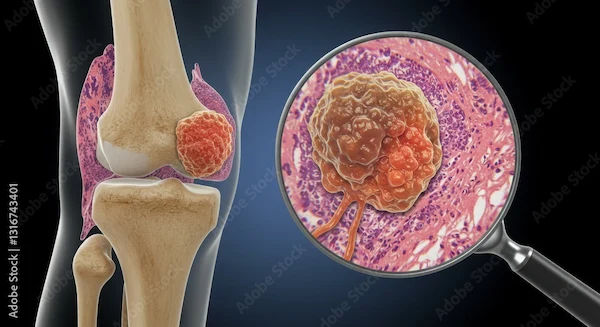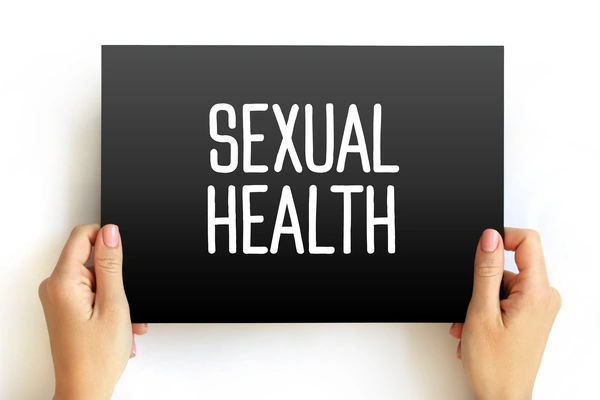Breast Health: Understanding Lumps and Changes
Learn about common breast lumps and changes, their causes, warning signs to watch for, and steps to maintain breast health through self-exams, screenings, and a healthy lifestyle.

Written by Dr. Dhankecha Mayank Dineshbhai
Reviewed by Dr. Mohammed Kamran MBBS, FIDM
Last updated on 13th Jan, 2026

Breast health is an essential part of overall well-being for women and, in some cases, men. Many people experience changes in their breasts at some point in their lives, and while most of these changes are harmless, it’s important to stay informed and proactive. This article will help you understand common breast changes, what causes them, when to seek medical advice, and how to maintain good breast health.
Common Breast Changes and Lumps
Breasts naturally change due to hormonal fluctuations, age, pregnancy, breastfeeding, or weight changes. Some common breast changes include:
1. Lumps or Thickening Many women notice lumps in their breasts, which can be caused by cysts (fluid-filled sacs), fibroadenomas (non-cancerous solid lumps), or hormonal changes.
2. Pain or Tenderness Breast pain (mastalgia) is common before periods due to hormonal shifts.
3. Nipple Discharge Clear, milky, or slightly greenish discharge can be normal, but bloody or persistent discharge should be checked.
4. Skin Changes Dimpling, redness, or puckering of the skin may sometimes indicate an underlying issue.
Most breast lumps are not cancerous, but it’s always best to get them evaluated by a doctor.
When Should You Be Concerned?
While most breast changes are harmless, certain signs should prompt a visit to the doctor:
- A new, hard lump that doesn’t go away after your menstrual cycle.
- Nipple discharge that is bloody, clear, or occurs without squeezing.
- Changes in breast shape or size, especially if only one breast is affected.
- Skin changes like redness, dimpling (like an orange peel), or scaling.
- Persistent pain not related to your menstrual cycle.
Early detection of any concerning changes can lead to better outcomes, so never hesitate to consult a doctor.
What Causes Breast Lumps?
Several factors can lead to breast lumps or changes:
1. Fibrocystic Breast Changes Hormonal shifts can make breasts feel lumpy or tender, especially before periods.
2. Cysts Fluid-filled sacs are common in women aged 35-50.
3. Fibroadenomas Smooth, movable lumps often found in younger women.
4. Infections (Mastitis) Common in breastfeeding women, causing pain, redness, and swelling.
5. Fat Necrosis A lump formed due to injury or trauma to breast tissue.
6. Breast Cancer Though less common, some lumps may be cancerous, which is why early evaluation is crucial.
Consult Top Urologist
How to Maintain Good Breast Health
1. Perform Regular Self-Exams
Getting familiar with how your breasts normally look and feel helps you notice any changes early. Here’s how:
- Look at your breasts in the mirror for changes in size, shape, or skin texture.
- Feel your breasts while lying down or in the shower, checking for lumps or thickening.
- Check your nipples for discharge or inversion.
- Note: Self-exams should be done monthly, ideally a few days after your period ends.
2. Schedule Clinical Breast Exams & Mammograms
- Women aged 20-39 should have a clinical breast exam every 1-3 years.
- Women 40 and above should get a mammogram (breast X-ray) every 1-2 years, or as advised by their doctor.
- High-risk individuals (family history of breast cancer) may need earlier or more frequent screenings.
3. Adopt a Healthy Lifestyle
- Eat a balanced diet rich in fruits, vegetables, whole grains, and lean proteins.
- Limit alcohol Excessive drinking increases breast cancer risk.
- Exercise regularly Physical activity helps maintain hormonal balance.
- Avoid smoking Smoking is linked to many cancers, including breast cancer.
- Maintain a healthy weight Obesity increases estrogen levels, which can affect breast health.
4. Know Your Family History
- If breast or ovarian cancer runs in your family, inform your doctor. Genetic testing (like BRCA gene testing) may be recommended.
When to See a Doctor
If you notice any unusual changes, don’t panic—but do get them checked. A doctor may recommend:
- Ultrasound or Mammogram To examine lumps or changes.
- Biopsy If a suspicious lump is found, a small tissue sample may be taken for testing.
- Hormonal Therapy For conditions like fibrocystic breasts.
- Early detection saves lives, so never ignore persistent changes.
Take Charge of Your Breast Health Today
Breast health is a vital part of self-care. By staying aware of your body, performing regular checks, and maintaining a healthy lifestyle, you can reduce risks and catch potential issues early.
If you have concerns about breast lumps or changes, consult a specialist today. You can easily book an appointment with a breast health expert or schedule a mammogram through Apollo 24|7 for timely care.
Conclusion
Regular self-checks and timely medical consultations are key to detecting breast changes early and ensuring the best possible outcomes. By staying informed and proactive, you can protect your breast health and overall well-being.
Consult Top Urologist
Consult Top Urologist

Dr. Varun Kumar Katiyar
Urologist
12 Years • MBBS, MS SURGERY, MCh Urology and Renal Transplant (Gold medallist)- PGIMER Dr RML Hospital, New Delhi MS Surgery (UCMS, Delhi) MBBS(MAMC, Delhi)
Noida
Apollo Hospitals Sector 26, Noida
(50+ Patients)

Dr. Jimmy Shad
Paediatric Urologist
20 Years • MS, MCh (Paediatric Surgery) , Fellowship in Paediatric Urology
Chennai
Apollo Children Hospitals Greams Road, Chennai
(250+ Patients)

Dr. Rohit Bhattar
Uro Oncologist
14 Years • MBBS, MS, MCh (Urology), Fellowship in Uro-oncology and Robotic Urology (United Kingdom)
Ahmedabad
Apollo Hospitals Gandhinagar, Ahmedabad
(100+ Patients)
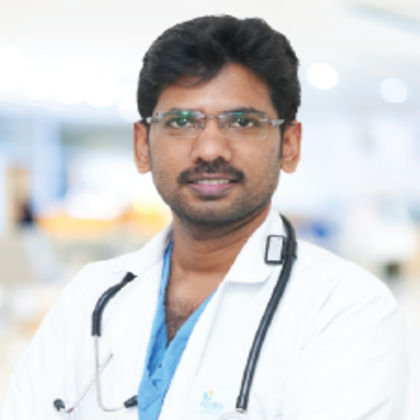
Dr. Karunakar Reddy Ch
Urologist
4 Years • MBBS., MS., DNB
Kakinada
Apollo Hospitals Surya Rao Peta, Kakinada
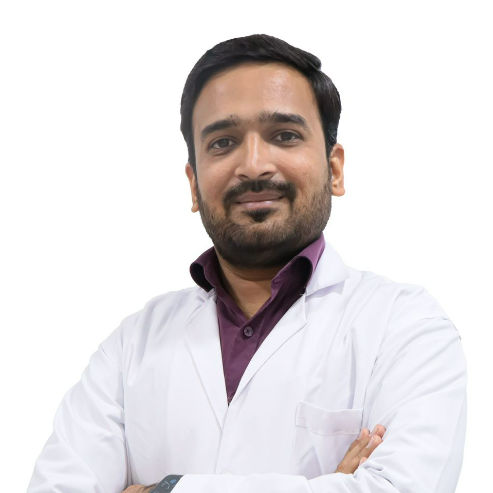
Dr. Dhruv B. Patel
Urologist
12 Years • MBBS, MS, DrNB (Urology - IKDRC, Ahmedabad)
Ahmedabad
Apollo Hospitals Gandhinagar, Ahmedabad
(25+ Patients)
Consult Top Urologist

Dr. Varun Kumar Katiyar
Urologist
12 Years • MBBS, MS SURGERY, MCh Urology and Renal Transplant (Gold medallist)- PGIMER Dr RML Hospital, New Delhi MS Surgery (UCMS, Delhi) MBBS(MAMC, Delhi)
Noida
Apollo Hospitals Sector 26, Noida
(50+ Patients)

Dr. Jimmy Shad
Paediatric Urologist
20 Years • MS, MCh (Paediatric Surgery) , Fellowship in Paediatric Urology
Chennai
Apollo Children Hospitals Greams Road, Chennai
(250+ Patients)

Dr. Rohit Bhattar
Uro Oncologist
14 Years • MBBS, MS, MCh (Urology), Fellowship in Uro-oncology and Robotic Urology (United Kingdom)
Ahmedabad
Apollo Hospitals Gandhinagar, Ahmedabad
(100+ Patients)

Dr. Karunakar Reddy Ch
Urologist
4 Years • MBBS., MS., DNB
Kakinada
Apollo Hospitals Surya Rao Peta, Kakinada

Dr. Dhruv B. Patel
Urologist
12 Years • MBBS, MS, DrNB (Urology - IKDRC, Ahmedabad)
Ahmedabad
Apollo Hospitals Gandhinagar, Ahmedabad
(25+ Patients)
